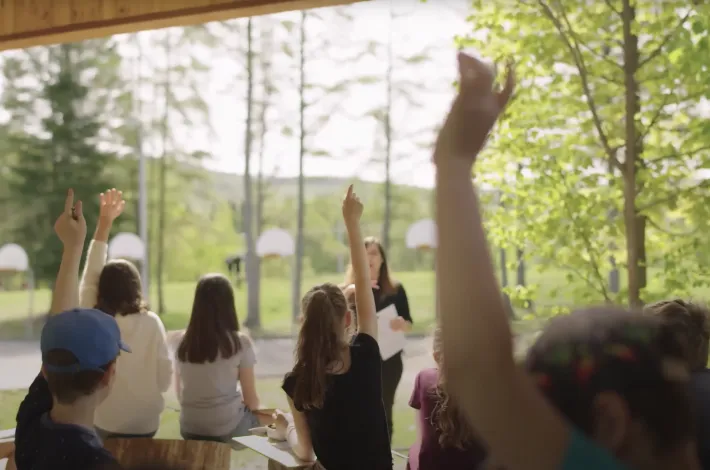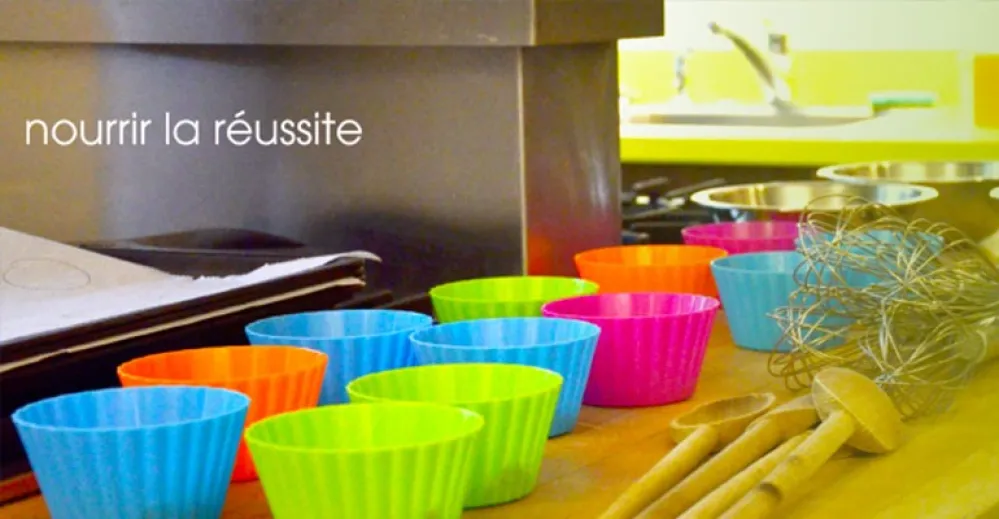
Community, Sustainable development
Carbon Scol’ÈRE: A program that helps young people make a tangible contribution to reducing greenhouse gases
This is the gamble that the Ruelle de l’avenir organization took in 2008, by offering learning workshops based on skill development and experimentation. Here’s a portrait of an organization that won its bet!
The Ruelle de l’avenir is a unique place where elementary school students can learn the subjects required by the Québec education program through thematic workshops. The concept is simple: learn while having fun! Four themes are proposed to youths: culture, multimedia, healthy living, and science and technology. So, for example, by doing robotics with their teacher at the Ruelle de l’avenir, students learn translations during math class!
About 1,250 elementary school students now attend the Ruelle every week. These youths come from some 30 CSDM schools. The Ministère de l’Éducation program is covered over the 20 weeks of workshops. Not only do students take advantage of a unique learning environment, but the teachers also benefit from these workshops. Hosted by specialists—a horticulturist teaches biology, a nutritionist teaches the cooking workshops, actors teach reading, etc.—the workshops offered by the Ruelle allow teachers to present academic subjects from a different angle. These innovations are inspiring and can subsequently be reproduced in regular classes by the teachers themselves.
But where do the parents fit in? They are also welcome at the Ruelle. Rumour has it that the reading workshops are as popular among parents as they are with kids, with parents coming to discreetly watch the story-reading actors perform!
The organization and its main partners set a tall order when they launched this innovation in 2008. Inspired by the Edible Schoolyard concept, the organization wanted to mobilize young people aged 2 to 18 and their families to succeed in school through competency-based learning. Seven years later, the results speak for themselves. A recent Université de Montréal study shows that the groups of students who have attended the Ruelle de l’avenir are significantly more motivated and adapted to school life. In addition, their French and math skills have progressed more than those of comparable student groups who have not benefited from the program.
Those who take advantage of the Ruelle de l’avenir’s services seem to transition to high school more easily. As the beginning of the school year approaches, we can only commend this local initiative and hope for its expansion throughout the province!